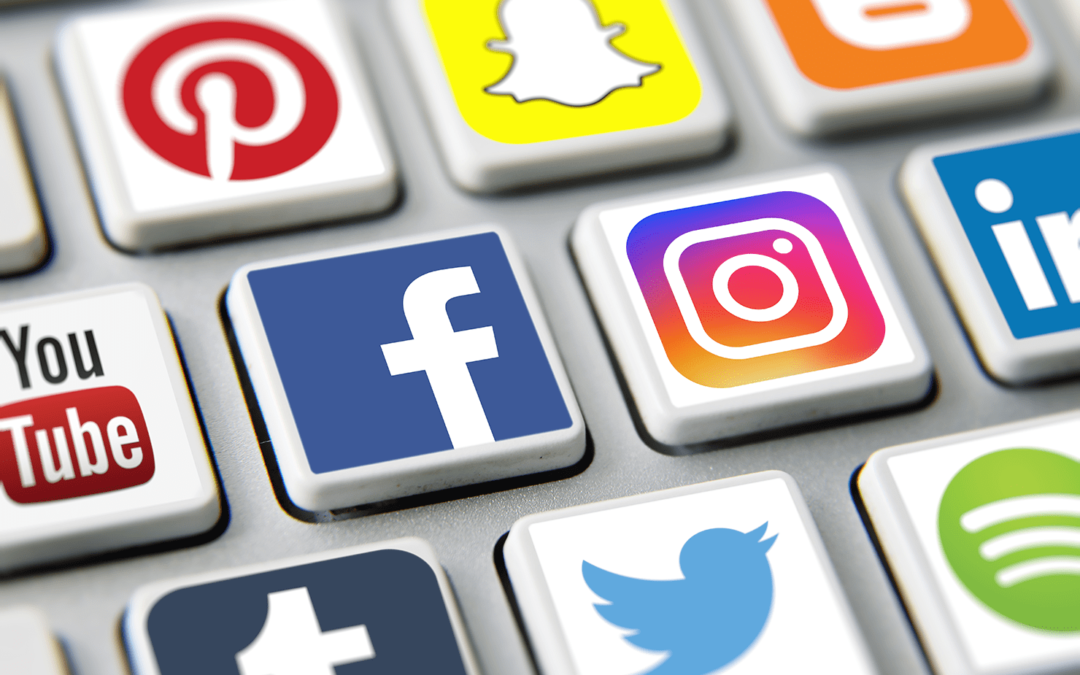The law will make platforms including TikTok, Facebook, Snapchat, Reddit, X and Instagram liable for fines of up to 50 million Australian dollars ($33 million) for systemic failures to prevent children younger than 16 from holding accounts
Canberra: With bipartisan support, the bill of social media ban for children under 16 passed the Senate of Australia.
Under the world-first law, children and teenagers under the age of 16 in Australia will be banned from using social media from the end of next year, a move the government and the opposition party argue is necessary to protect their mental health and well-being, Xinhua news agency reported.
Exemptions will apply for health and education services including YouTube, Messenger Kids, WhatsApp, Kids Helpline and Google Classroom.
The law will make platforms including TikTok, Facebook, Snapchat, Reddit, X and Instagram liable for fines of up to 50 million Australian dollars ($33 million) for systemic failures to prevent children younger than 16 from holding accounts.
The Senate passed the bill on Thursday 34 votes to 19. The House of Representatives on Wednesday overwhelmingly approved the legislation by 102 votes to 13.
The House on Friday endorsed opposition amendments made in the Senate, making the bill law.
Prime Minister Anthony Albanese said the law supported parents concerned by online harms to their children.
“Platforms now have a social responsibility to ensure the safety of our kids is a priority for them,” Albanese told reporters.
The platforms have one year to work out how they could implement the ban before penalties are enforced.
Meta Platforms, which owns Facebook and Instagram, said the legislation had been “rushed.”
Under the law, social media companies could be fined up to 50 million Australian dollars (about $32.5 million) for failing to take “reasonable steps” to keep children under 16 off their platforms.
There are no penalties for young people or parents who flout the rules. Social media companies also won’t be able to force users to provide government identification, including the Digital ID, to assess their age.
“Messaging apps,” “online gaming services” and “services with the primary purpose of supporting the health and education of end-users” will not fall under the ban, as well as sites like YouTube that do not require users to log in to access the platform.
Digital Industry Group Inc., an advocate for the platforms in Australia, said questions remain about the law’s impact on children, its technical foundations and scope.
“The social media ban legislation has been released and passed within a week and, as a result, no one can confidently explain how it will work in practice – the community and platforms are in the dark about what exactly is required of them,” DIGI managing director Sunita Bose said.
The amendments passed on Friday bolster privacy protections. Platforms would not be allowed to compel users to provide government-issued identity documents including passports or driver’s licenses, nor could they demand digital identification through a government system.
Critics of the legislation fear that banning young children from social media will impact the privacy of all users who must establish they are older than 16.
While the major parties support the ban, many child welfare and mental health advocates are concerned about unintended consequences.
Sen. David Shoebridge, from the minority Greens party, said mental health experts agreed that the ban could dangerously isolate many children who used social media to find support.
“This policy will hurt vulnerable young people the most, especially in regional communities and especially the LGBTQI community, by cutting them off,” Shoebridge told the Senate.
Online safety campaigner Sonya Ryan, whose 15-year-old daughter Carly was murdered by a 50-year-old pedophile who pretended to be a teenager online, described the Senate vote as a “monumental moment in protecting our children from horrendous harms online.”

